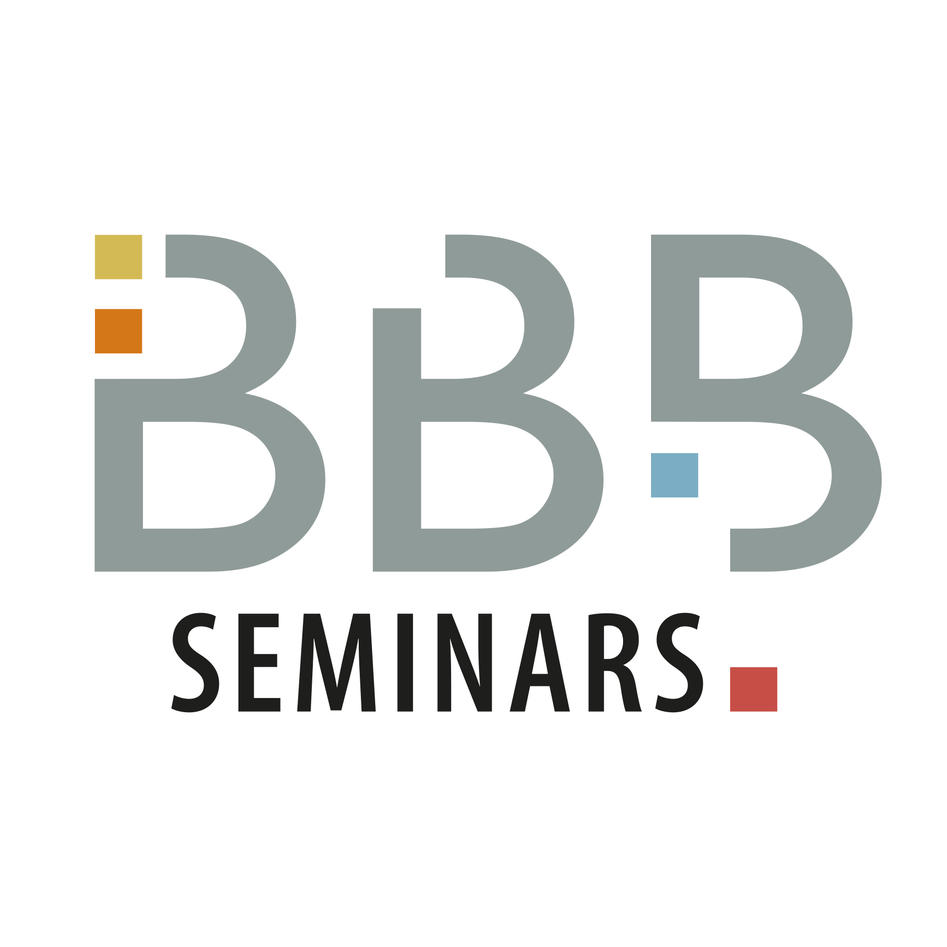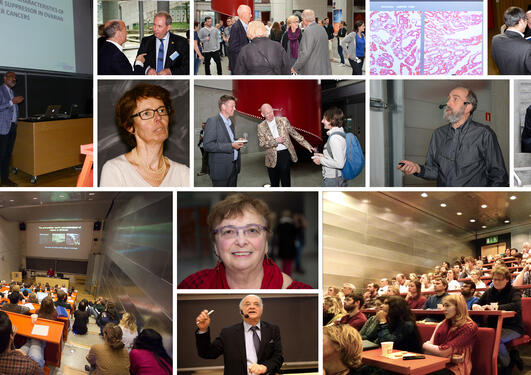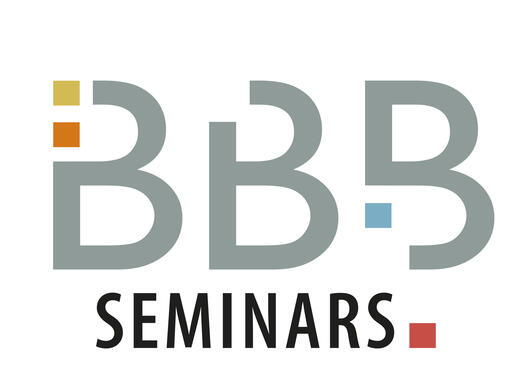CCBIO seminar: Tim Coorens
Using somatic mutations to reconstruct the life histories of normal and cancer cells
Main content
Tim Coorens, Broad Institute of MIT and Harvard
From fertilization onwards, individual cells of the human body continuously experience DNA damage and accumulate somatic mutations. As mutations in the genome are reliably passed on to a cell’s progeny, the somatic genome of a cell becomes a record of its life history and a means to infer its relationship to any other cell of the same individual. In essence, somatic mutations connect all cells together into one large phylogenetic tree of human development with the zygote at the root. Besides recording the cell division, migration and differentiation of early development, somatic mutations can also delineate aberrant, premalignant expansions and shed light on the evolution of a cancer in response to treatment.
In this seminar, I will discuss the surprising insights that we have recently gained by using somatic mutations as natural lineage markers. Covering the timescale from early development to cancer evolution, I will present my findings on (i) patterns of embryogenesis in the human body1 and placenta2, (ii) early precursor clones to Wilms tumor3, a childhood kidney cancer, and (iii) a surprising case of lineage switch leukemia in response to CAR-T cell therapy4.
References
- Coorens THH, Moore L et al. Extensive phylogenies of human development inferred from somatic mutations. Nature 597, 387-392(2021).
- Coorens THH, Oliver TRW et al. Inherent mosaicism and extensive mutation of human placentas. Nature 592, 80–85 (2021).
- Coorens THH et al. Embryonal precursors of Wilms tumor. Science 366, 1247–1251 (2019).
- Coorens THH et al. Clonal origin of lineage switch leukaemia following CAR-T cell and blinatunomab therapy. In preparation
Chairperson: Camilla Krakstad, Department of Clinical Science


